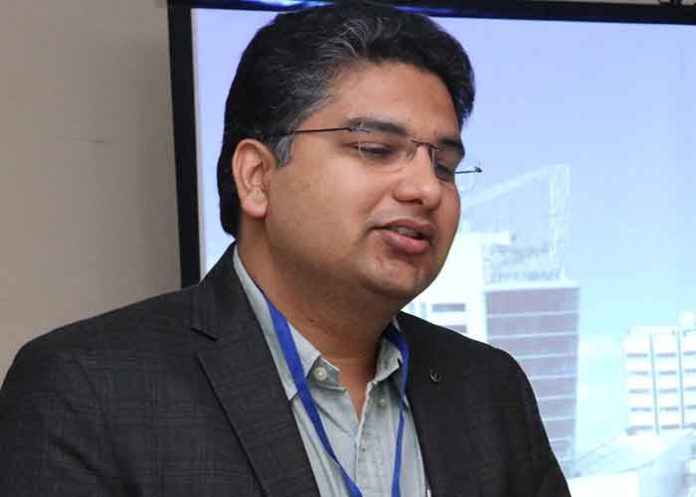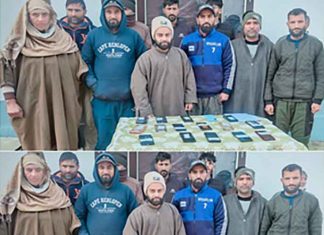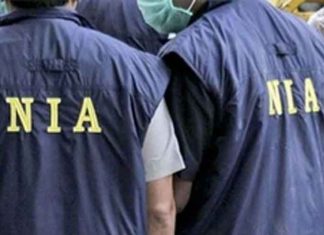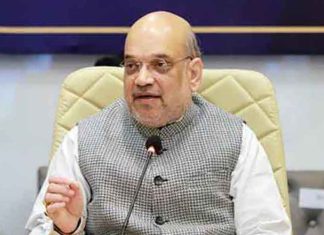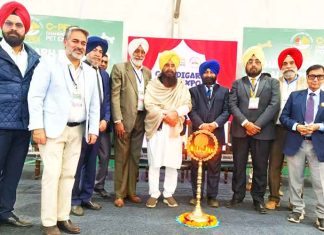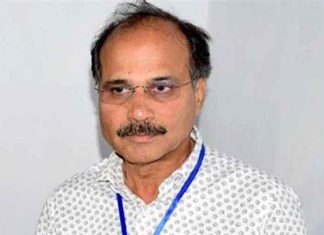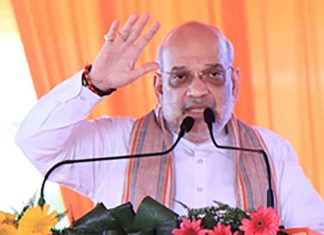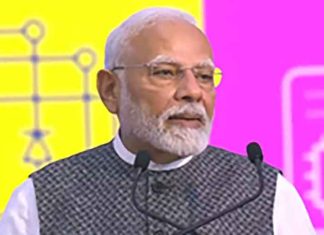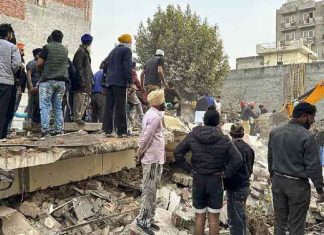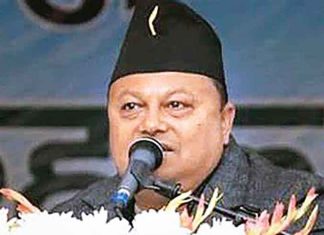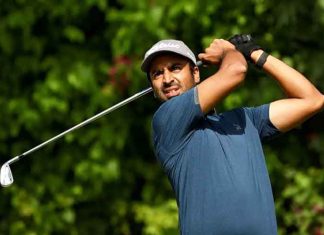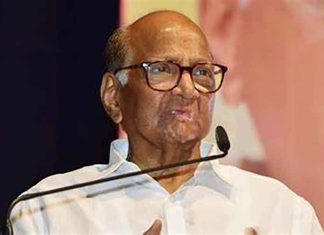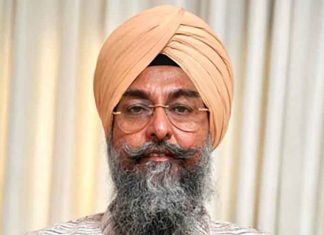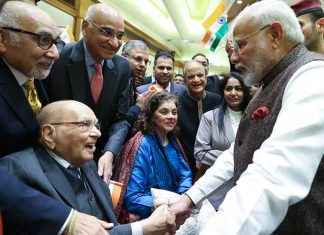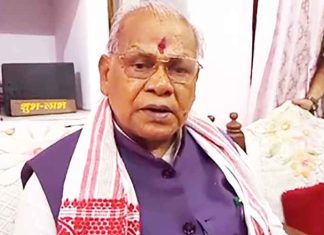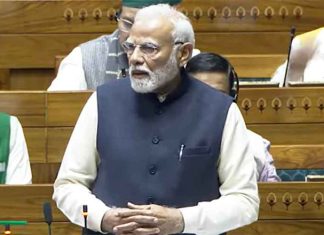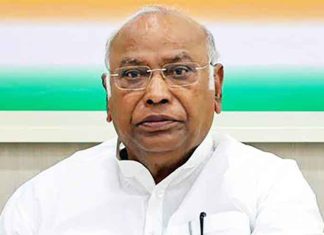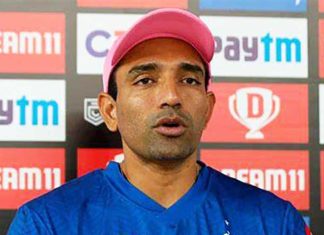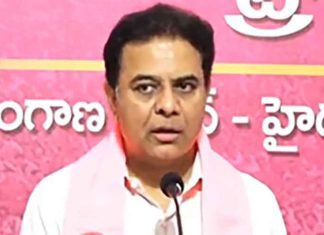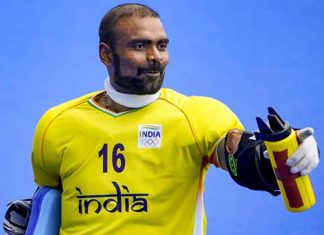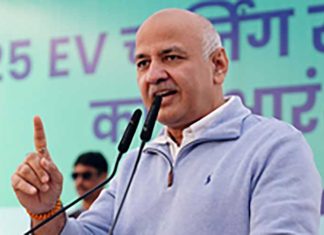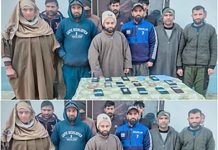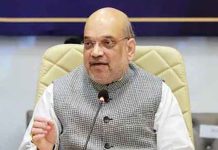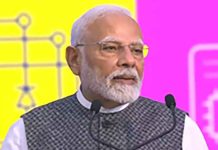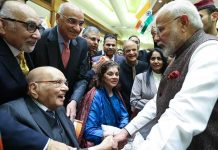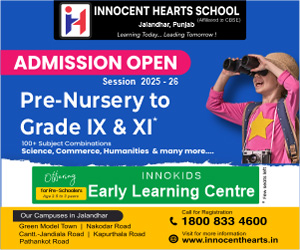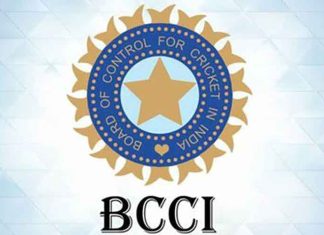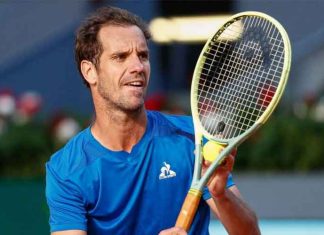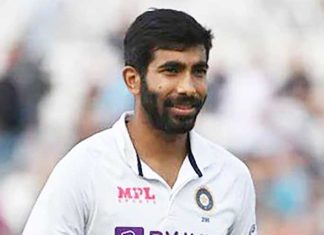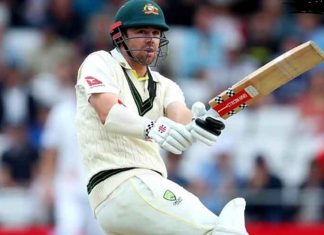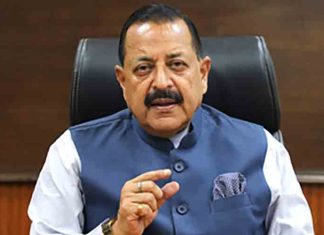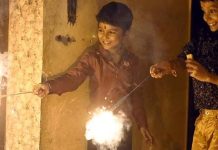October 1, 2024 (Yes Punjab News)
As the world observes Childhood Cancer Awareness Month this September, Dr Ashish Gulia, the Director of Homi Bhabha Cancer Hospital and Research Centre (HBCH&RC) has reaffirmed the institution’s commitment to providing comprehensive care for all types of childhood cancers.
He emphasized that the HBCH&RC, a branch of Tata Memorial Centre located in New Chandigarh, SAS Nagar, Punjab, is dedicated to being a trusted center for exclusive cancer care.
He was speaking at an event organized by the Department of Pediatric Oncology in observance of Children’s Cancer Awareness Month. The program involved young patients engaging in activities such as drawing, painting, singing, and dancing. Doctors, nursing staff, and social workers also took part in the event.
“Beyond clinical cancer treatment, the hospital has implemented various supportive programs to ensure children and their families feel comfortable during their stay with us,” the Director explained. “These include facilities such as a Dharamshala (rest house), crèche services, psychological counseling, and guidance for children’s education throughout their treatment.”
Dr Ashish Gulia further added, “In keeping with the ethos of Tata Memorial Centre, we are committed to doing everything possible to save the life of every child who comes to us. We will ensure financial support and logistical assistance to complete the treatment of these children, so that every possible life can be saved.”
In India, an estimated 50,000 to 100,000 children are diagnosed with cancer each year, but only 20-30% of them reach appropriate healthcare facilities for treatment. While survival rates for childhood cancers have improved significantly in the West, with average survival rates around 80%, in low- and middle-income countries like India, the 5-year survival rate remains at 50-60%.
This disparity is largely due to delayed diagnosis, limited access to treatment, and various cultural and psychosocial barriers.
The World Health Organization’s Global Initiative for Childhood Cancer aims to achieve a survival rate of more than 60% worldwide and to reduce the suffering of all affected children.
The most common childhood cancers include leukemia (blood cancers), brain tumors, bone tumors, and abdominal tumors like neuroblastoma and Wilms’ tumor. Treatment usually involves a combination of chemotherapy, surgery, and radiotherapy.
Multidisciplinary care is essential to meet the complex needs of children with cancer and to ensure treatment compliance. This requires a team of specialized nurses, nutritionists, medical social workers, play therapists, and psychologists, as well as provisions for food, counseling, and accommodation for caregivers.
Dr. Seema Gulia, Senior Specialist from the Medical Oncology Department at Homi Bhabha Cancer Hospital and Research Centre, New Chandigarh, elaborated, “At our center, we offer comprehensive care for all types of childhood cancers, including hemato-lymphoid malignancies and solid tumors.
Our specialized team comprises pediatric oncologists, oncosurgeons, neurosurgeons, radiation oncologists, and onco-pathologists. Along with clinical care, we provide supportive services like dietary assistance, accommodation, counseling, and financial aid, ensuring a holistic approach to every child and their family.”
Adding to this, pediatric cancer expert Dr. Nidhi Dhariwal said, “We also provide advanced treatments such as radio-nucleotide therapies and bone marrow transplantation.
Financial assistance is made available through partnerships with organizations like the Impacct Foundation, which operates at Tata Memorial Hospital, Mumbai, as well as through in-house patient welfare funds and various government schemes, including the Mukh Mantri Punjab Cancer Rahat Kosh Scheme, the Ministry of Women and Child Development, the Prime Minister’s National Relief Fund, and Ayushman Bharat Yojana.”
September is recognized as Childhood Cancer Awareness Month, an initiative to raise awareness about this highly treatable condition and to support affected children and their families. It is also a time to celebrate the resilience of survivors and remember those who have lost their battle. Early detection and prompt referral to a tertiary cancer care center are critical to improving outcomes.
Hence, it is crucial to educate the public about the warning signs of pediatric cancer, such as unusual lumps, unexplained prolonged fever, frequent headaches, persistent pain, and unexplained fatigue. Caregivers should also be aware of how to access treatment if they notice these symptoms in their child.
Ultimately, the goal is to provide accessible and affordable cancer treatment for all children, ensuring that no child is left untreated.
To conclude, every child deserves a childhood full of laughter, dreams, and limitless possibilities—not one interrupted by cancer. No child should have to fight cancer alone, and no family should face this challenge without the hope of a cure. A cure is not just a goal—it’s a promise we must uphold.




